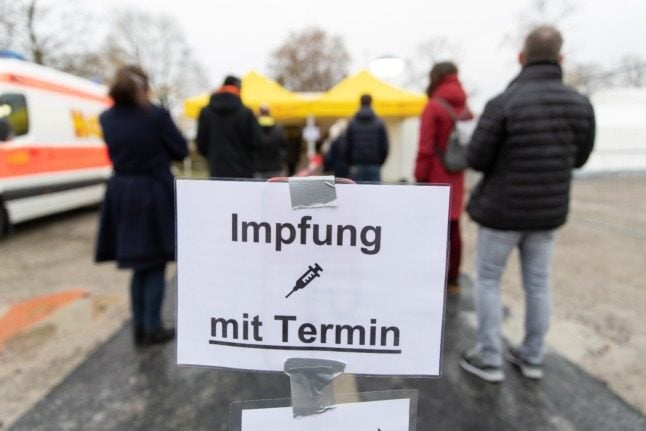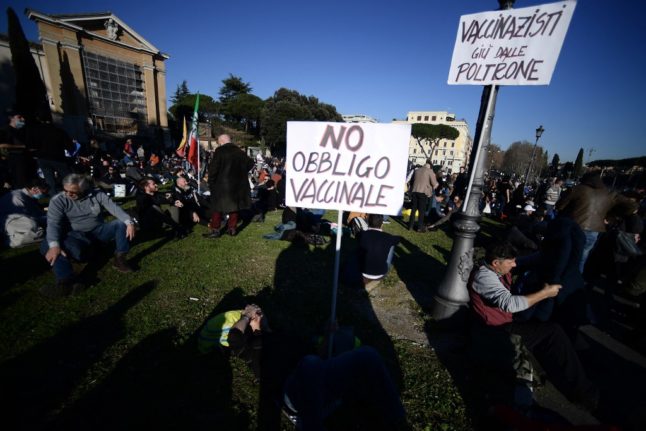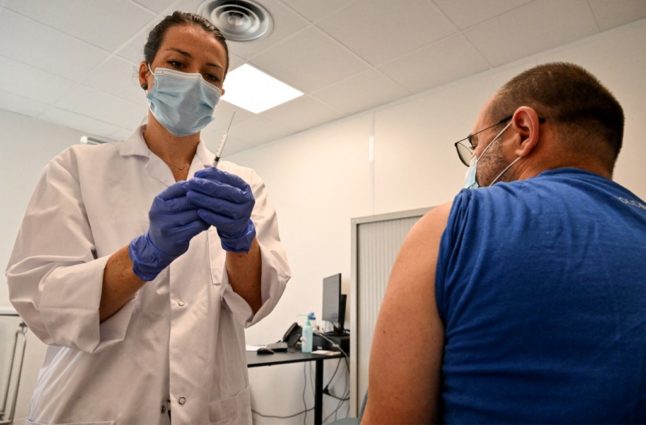Green Party parliamentary leader Katrin Göring-Eckardt told a press conference on Monday that the parties in talks to form a new coalition government – the Social Democrats, Greens and FDP – are discussing the possibility of compulsory vaccinations for some occupational groups, such as carers.
“We will need compulsory vaccination for institutions, for nursing homes, for daycare centres (Kitas), etc. We will get this off the ground,” said Göring-Eckardt in Berlin.
Göring-Eckardt later tweeted to say that the proposal was not part of the current reform of the Infection Protection Act, which is set to be passed this week.
READ ALSO: Germany’s planned Covid restrictions to fight fourth wave
The proposal for mandatory vaccination is still under discussion and would be part of a separate legislative procedure, said Göring-Eckhardt.
Göring-Eckhardt told Germany’s Tagesschau recently that it made “sense to talk about compulsory vaccination for certain areas, for example for employees in old people’s and nursing homes”.
The head of the German Hospital Association (DKG), Gerald Gaß, also spoke out in favour of compulsory vaccination for certain occupational groups.
“The issue of vaccination is not a private matter,” Gaß said.
It is also an “act of solidarity.” “The fact that employers are not allowed to ask employees whether they have been vaccinated is incomprehensible,” he said.
The German government has previously ruled out a vaccine obligation for some parts of the population in contrast to some other countries, like neighbouring France, which introduced compulsory vaccines for healthcare professionals.
“We do not intend to go down this road,” outgoing Chancellor Angela Merkel said in July, saying that this could affect people’s trust in the government.




 Please whitelist us to continue reading.
Please whitelist us to continue reading.
Member comments